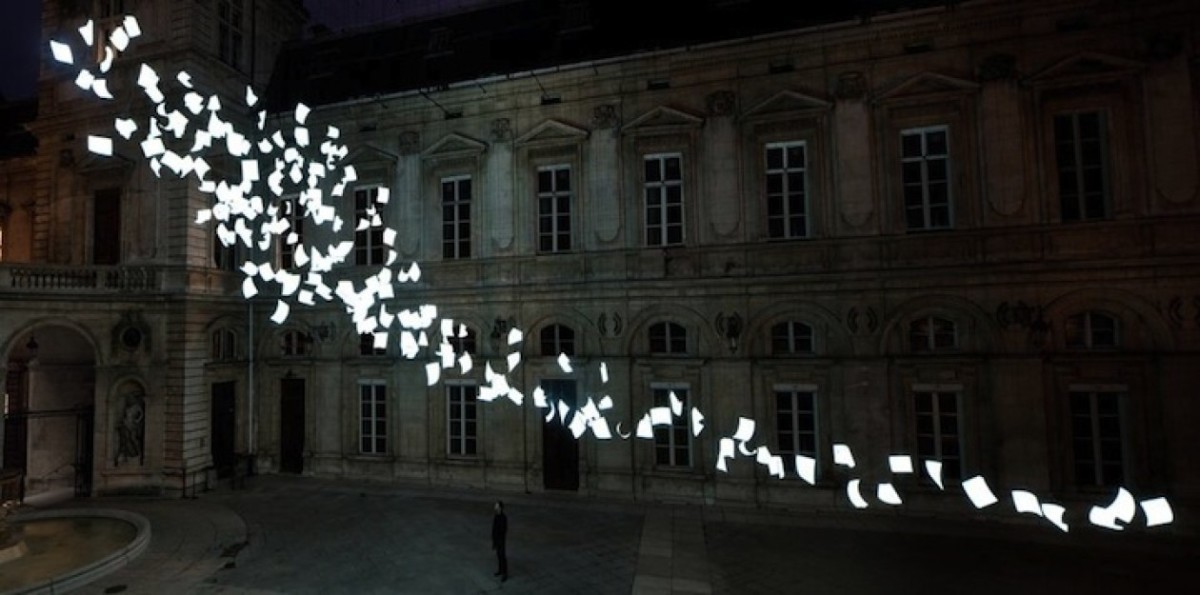Wouldn’t it be great to give your students the chance to revisit who they were as a writer as a way of developing an understanding of who they have become? Wouldn’t it be cool to connect writing work that they have done the year before with the writing work that you have done with them? How can we design an end of year piece that enables students to witness their own growth over time? Here’s an idea for how to make that kind of end of year, meaningful work happen.
This culminating activity idea will take a bit of forethought and planning, requiring that your students have access to writing that they did the year before, but that shouldn’t be too difficult. You could accomplish this requirement by either working with your students previous year’s teacher to make sure that they hold on to a particular piece of writing from that year, or ask your students to find a piece of writing that they did the year before. The second option is a bit risky, I know, but it would be interesting to see if your students held on to writing they did last year of their own volition. The key is that they are able to find a “finished” piece of writing that they did they year before.
Once your students have found a piece of writing that they did in the previous year, have them choose a piece that they wrote this year of which they are particularly proud. Now they have two pieces of writing – one from the year before and one from their year with you. Have them compare the two pieces of writing in a semi-structured thought piece guided by a few critical questions. Introduce the questions with something like:
We have been exploring what it means to be writers together this year – what it looks, sounds, and feels like. Let’s honor that work by taking a little time to recognize how much you have grown and changed as a writer over this year. To do that, read the two pieces that you have chosen – one from last year and one from this year. Then, use the following questions to help guide your reflection. As always, work to fill the page.
-
What surprises you when you compare the two pieces?
-
How would you describe your voice in the two pieces? How has it changed?
-
What are some other ways you have changed as a writer?
-
What does this work make you want to focus on in your writing moving forward?
This culminating activity provides your students with a chance to see for themselves how they have changed as a writer over the course of the year, does the important work of connecting who they are across grades, and encourages them to read their own writing deeply and critically. Do not grade this thought piece. It’s more important than that. Making this piece an evaluation-free zone, opens up the possibility for truthful, genuine reflection which ultimately leads to enduring learning. I would also recommend giving your students a chance to share what they learned with a partner, not necessarily reading their thought piece aloud but instead sharing what they learned in the process, maybe guided by one simple question: What surprised you?
Plan to have your students complete this assignment with enough time for you to respond to it before the end of the year.
As always, I would love to see examples of these. If you choose to do this kind of end of year writing, please share it with me.
Modification: If having your students find a piece of writing from last year seems a bit daunting, have them select a piece of writing from the beginning of the year and the end of the year with you.
Extension: Give these thought pieces to next year’s teachers so that they have a sense of how their incoming students think of themselves as writers.
